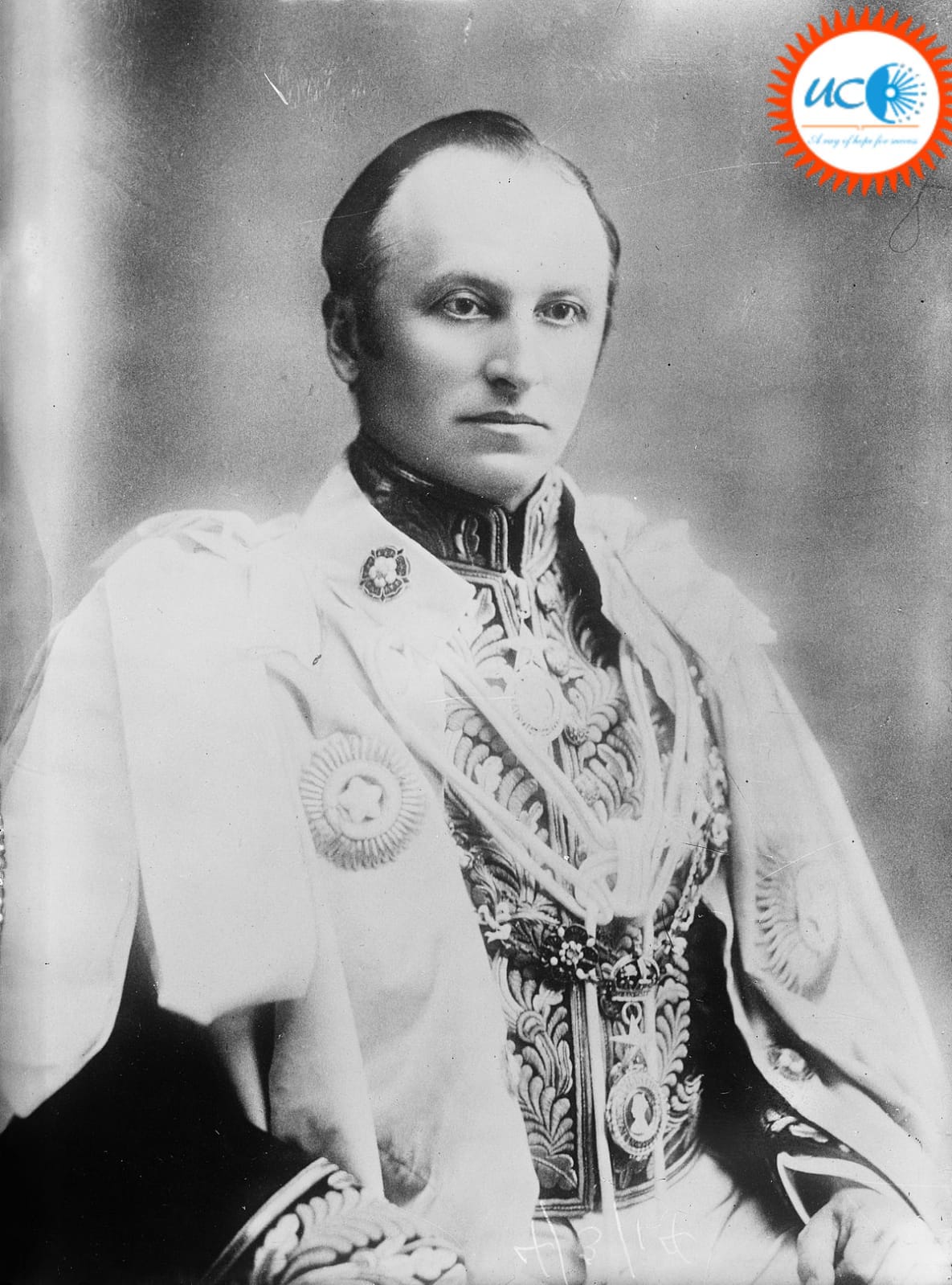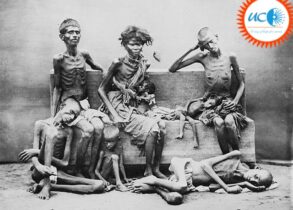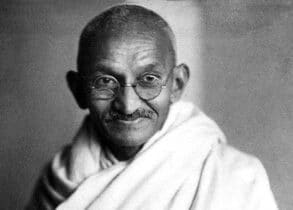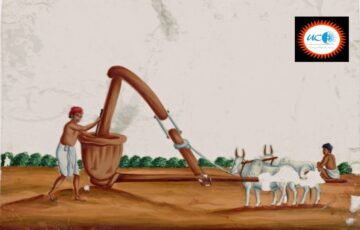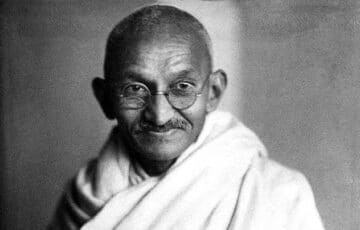Evaluate the policies of Lord Curzon and their long term implications on the national movement
When Lord Curzon became the Viceroy of India in 1899, the national movement wasstill in itsinfancy. The Indian National Congress has been established in 1885 and was dominated by the moderates who believed in pleading and petitioning to have their demands met.
Policies adopted by Lord Curzon
- Imperialism: Curzon, a true imperialist who was also a virulent racist, believed that Britain was on a “civilising mission.” He had the desire to suffocate the national movement because he was intolerant of Indian political aspirations. Congress is teetering on the brink of collapse, and one of my major aspirations while in India is to assist them in a peaceful demise, he had reportedly added.
- The 1899 Calcutta Corporation Act: The number of elected representatives to the Calcutta Corporation was decreased by the Act. The intention was to deny Indians their right to self-governance while serving the interests of the European business sector, which had complained about the lengthy time it took to obtain licences.
- The University Act of 1904 decreased the number of elected senators under the guise of improving education overall..
- There was a nationwide uprising against this Act.
- Bengal was separated into two independent provinces in 1905 under the guise of administrative convenience. In addition to the apparent purpose, the underlying motivation was to stop Bengalis from becoming increasingly nationalistic. Curzon intended to establish religious identity-based fission.
Implication of Curzon’s policies
- Curzon’s efforts to stifle political ambitions caused dissatisfaction, which led to a conflict with the educated middle-class nationalists.
- Bengal was the birthplace of the Swadeshi movement, which was launched in 1905 with a call to boycott British products and support swadeshi. It was likely the first significant movement following the uprising of 1857. Gandhiji’s later activities, like non-cooperation, were said to draw inspiration from the Swadeshi movement.
- The anti-colonial movement was initially led by moderates along the usual lines, but it was later hijacked by extremists and expanded to encompass the entire country. The Congress was beginning to be dominated by leaders like Tilak, Bipin Pal, and Aurobindo Ghose.
- Later, several revolutionary groups like Jugantar started to appear. They actively participated in anti-colonial campaigns and worked to foster nationalism in young people.
- The partition of Bengal and the high-handed actions of Curzon ignited the national movement. His actions enhanced and widened the influence of nationalism, which were at odds with his convictions. He ultimately increased the influence of radicals and revolutionaries who disapproved of begging and petitions.

